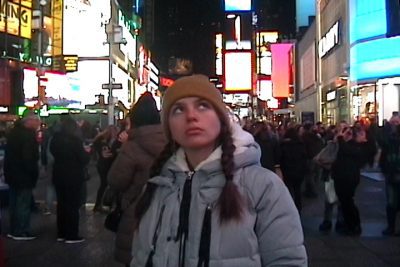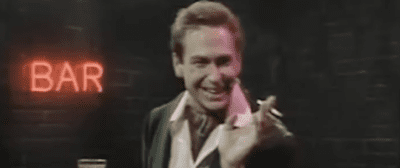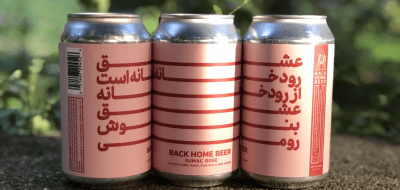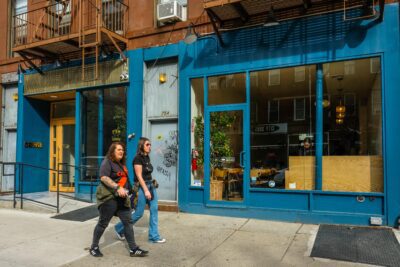Photo illustration by John Fasitta
Nabil Ayers discusses his life in the sunshine
The music industry vet and son of jazz legend Roy Ayers his new memoir, 'My Life in the Sunshine,' about his surprising life story
Like what you’re hearing? Subscribe to us at iTunes, check us out on Spotify and hear us on Google, Amazon, Stitcher and TuneIn. This is our RSS feed. Tell a friend!
When you talk about Nabil Ayers, you will say “he also” a lot.
As in: Nabil Ayers is a musician who recorded with bands like Seattle’s Long Winters. He also was the co-founder and co-owner of Seattle’s super influential record store Sonic Boom for nearly 20 years. He is also a music industry executive behind acts like National, Grimes, St. Vincent and is also himself an indie label founder.
Ayers is these days also an occasional contributor to outlets like the New York Times. And Nabil Ayers also just wrote a memoir: “My Life in the Sunshine: Searching for My Father and Discovering my Family” is out June 7.
About that title. Nabil Ayers also happens to be the biological son of jazz and funk vibraphonist Roy Ayers (whose hits include “Searching,” “We Live in Brooklyn, Baby” and, of course “Everybody Loves the Sunshine“). His origin story and upbringing is a bit unorthodox. Nabil’s mother decided at an early age that she wanted to be a single mother — she just needed to find the right person to procreate with who would be willing to basically not be involved from that point on.
That person, for reasons of attraction and circumstance, would turn out to be Roy Ayers. The musician agreed to father a child as long as he didn’t have to be involved in the upbringing at all. Both sides held up their end of the deal.
“What’s interesting to me is that I’ve always known this story just like this,” says Ayers, who is this week’s guest on “Brooklyn Magazine: The Podcat.” “It wasn’t like, ‘I’ll tell him when he’s 10 or when he’s old enough to understand.’ I’ve never not known this story.”
In a wide-ranging conversation, we cover Ayers’ unusual—and unusually utopian—childhood. Born in bohemian New York City, Ayers would move with his mother to Ahmerst, Massachusetts, where she went to graduate school. There they lived in university housing where there were a ton of international and mixed-race kids, often with single mothers, running around.
“I had it better than a lot of people,” says Ayers. “The whites kids actually looked kind of weird. It just wasn’t a thing” to be a non-white kid with a white mother at that time and place.
Ayers would become more conscious of race in high school, when he and his mother moved to Salt Lake City. “Suddenly I did stand out,” he says. Meanwhile, all throughout his childhood he would have sporadic encounters with his biological father, but no real connection. “I never felt like my childhood was any less because I didn’t have my father in it,” he says.
That would change in his 30s, though, when he decided to try to connect with his father at the urging of a therapist.
We discuss how his first real encounter went with Roy (well) and how subsequent attempts to stay in touch would go (not well). Out of frustration over his father’s distance—and curiosity to learn more about that side of his family—Ayers took a 23andMe DNA test, which unlocked another chapter of self-discovery.
“It opened up a treasure trove of crazy information and the more that I searched, the more that I found and the more that thing led to the next thing and the next person,” he says. “It’s been pretty crazy and it still is.”
All the while, Ayers has enjoyed a successful career in the music business, which itself opens up questions about genetics and nature versus nurture and how alike (or not alike) he and his father might be.
“I hope that he reads it,” says Ayers of his memoir. “I hope that he likes it and I hope he sees it as the positive book that I think it is. Of course, there are some low points that involve him but ultimately I think it’s a big thank you … Even though he wasn’t part of my life I got so much good from him.”
Check out this episode of “Brooklyn Magazine: The Podcast” for more. Subscribe and listen wherever you get your podcasts.
You might also like 


























